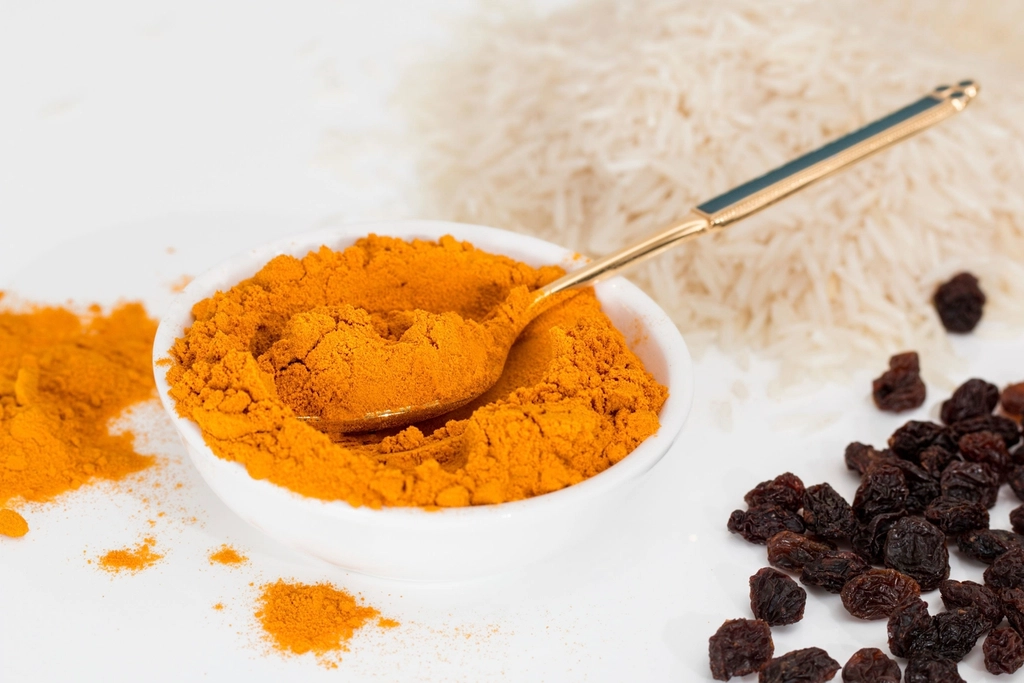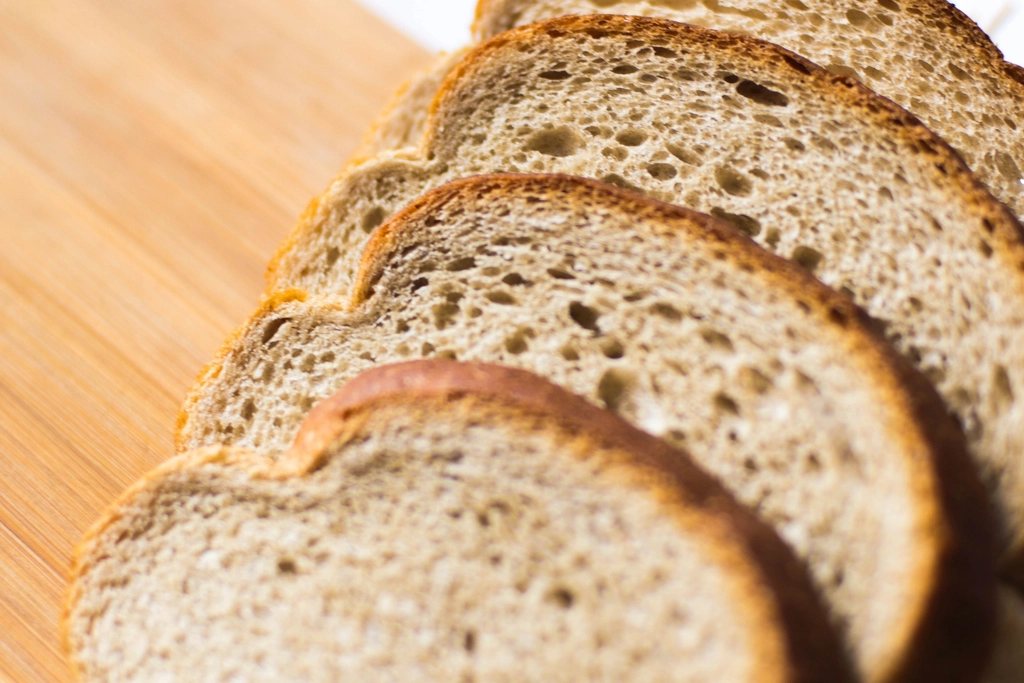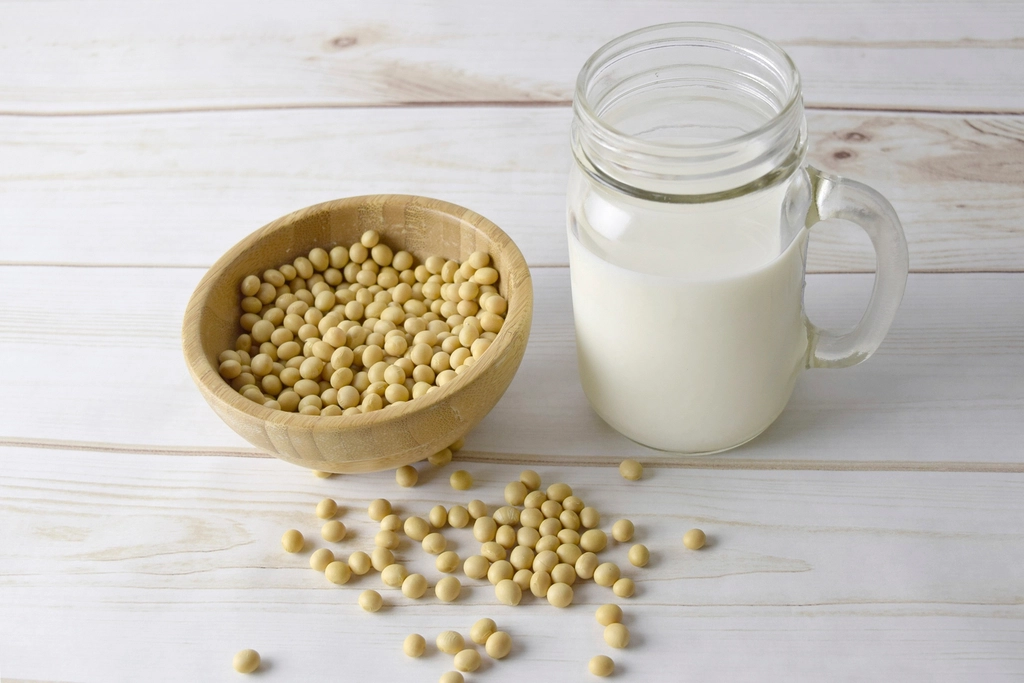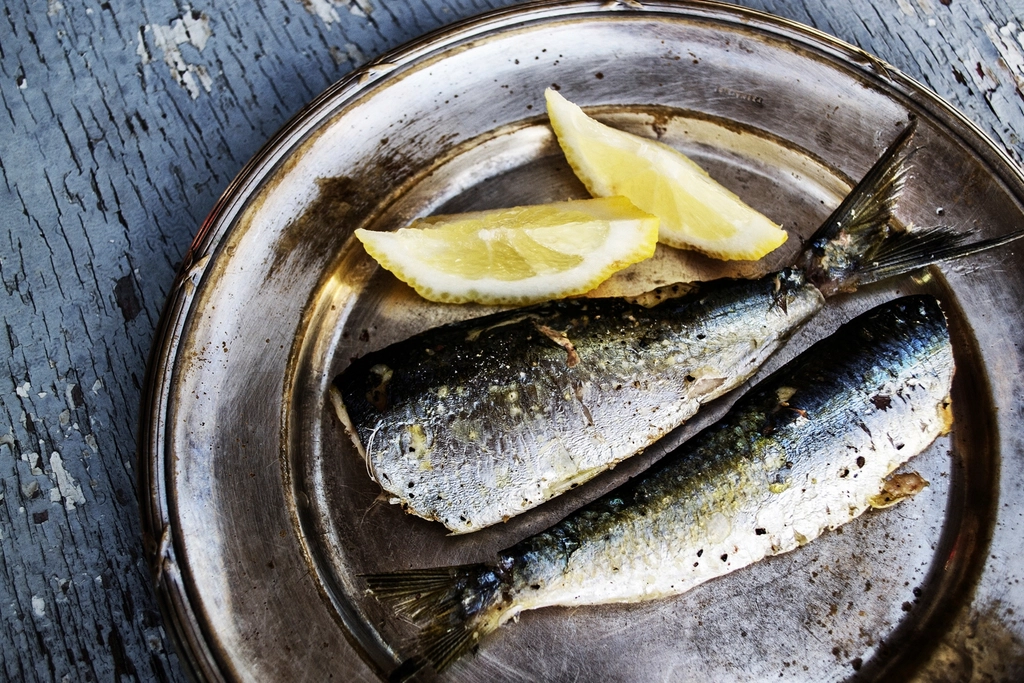Living with multiple sclerosis (MS) Living with multiple sclerosis (MS) means keeping an eye on everything that can help you feel better – including what’s on your plate.
Research suggests that certain foods can support your body and possibly reduce flare-ups. Here’s a closer look at which foods may benefit you.
Turmeric: The golden anti-inflammatory

Turmeric isn’t just a trendy spice – it contains curcumin, a natural compound that can help calm your immune system and may protect your nerve cells.
You can sprinkle it over rice, vegetables, or add it to smoothies. Some people prefer taking it as a supplement, but always check with your doctor first.
Load up on vitamin D-rich foods

MS increases the risk of bone loss, but vitamin D can help protect your bones and may even reduce inflammation. Besides sunlight, you can get vitamin D from fatty fish like salmon, eggs, fortified cereals, and dairy or plant-based alternatives.
Fruits and vegetables fight inflammation

Colorful fruits and vegetables are rich in antioxidants, which help reduce inflammation in your body.
Apples, berries, oranges, grapes, and onions are all excellent choices – and their fiber content also helps digestion.
Ginger can soothe and strengthen

Ginger is more than a flavor booster. It may help reduce inflammation and ease common MS symptoms like muscle soreness and cognitive fog. You can add fresh ginger to meals, make tea, or take it as a supplement.
Insoluble fiber keeps things moving

Constipation is a frequent challenge for people with MS. Whole grains like brown rice and whole wheat bread, along with prunes and their juice, are packed with insoluble fiber that helps digestion and keeps your bowels working regularly.
Green tea’s gentle power

A daily cup of green tea might help reduce MS-related fatigue and muscle weakness. Some studies suggest its compounds, particularly EGCG, can support immune health, reduce inflammation, and improve energy levels.
Try dairy-free options

Although research is mixed, some people with MS report feeling better when they cut back on dairy. If you want to test it, opt for almond, oat, soy, or rice-based versions of milk, cheese, and yogurt – ideally fortified with calcium.
Fatty fish for healthy fats

Salmon, sardines, mackerel, and albacore tuna are loaded with omega-3 fatty acids. These healthy fats may lower inflammation and even reduce the risk of relapses. If you don’t like fish, talk to your doctor about plant-based omega-3 supplements.
Choose lean proteins

Diets low in saturated fat may support better MS outcomes. Swap red meats for lean proteins like skinless poultry, beans, and lentils. Besides being a healthy protein source, legumes provide fiber and folate, which may benefit your brain and nervous system.
Whole grains for steady energy

Whole-wheat pasta, oats, brown rice, and quinoa provide complex carbs that keep your energy stable and prevent fatigue. Their fiber supports digestion, and they contain magnesium and iron – minerals that may also play a role in slowing MS progression.
The article is based on information from WebMD
